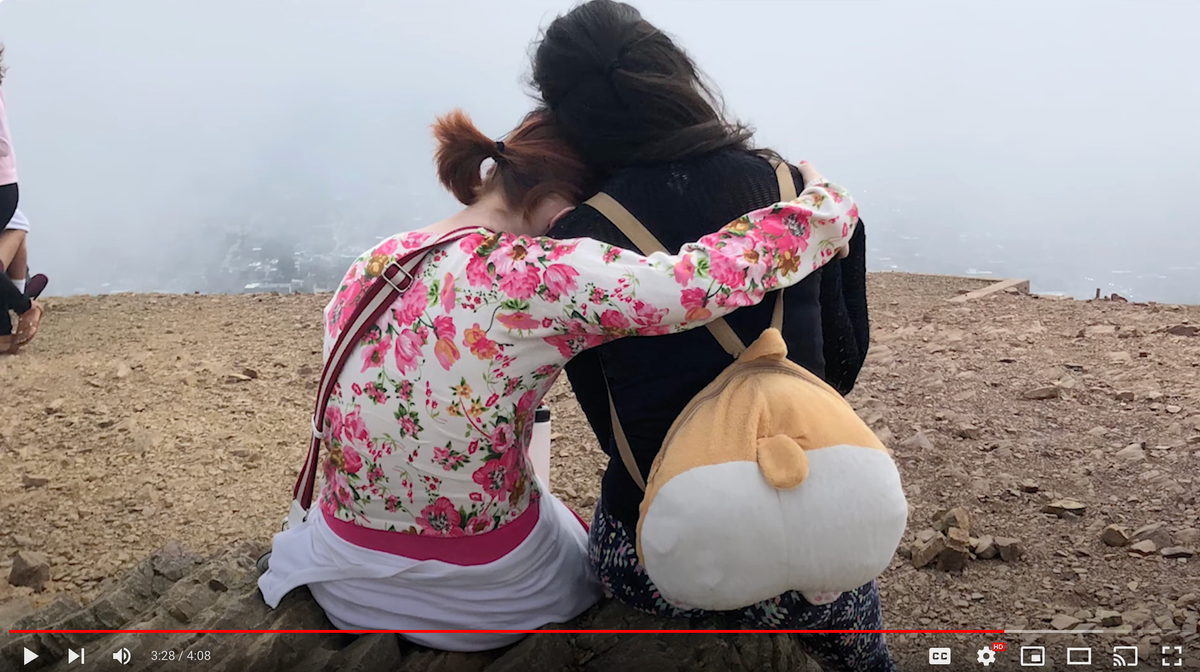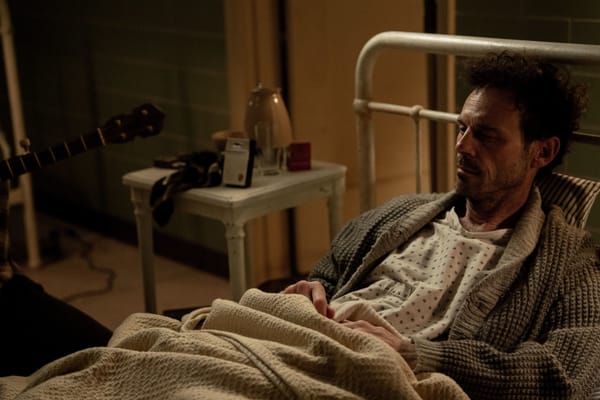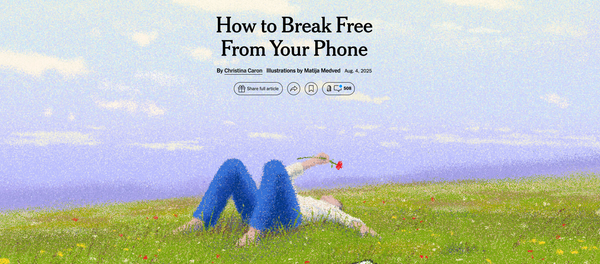Pivoting to Video (in a Good Way)

Yesterday I spoke about a kind of micro-responsiveness in my research: how a particular event (a participant recruitment meeting) led to several rapid-fire adjustments to the learning and research plan I brought to our digital storytelling experience at "St. Sebastian's" summer camp.
The other example of this phenomenon in my dissertation work was figuring out how to offer some kind of digital storytelling experiences among members of the team-based foster youth mentoring program I called Tapestry.
At Tapestry, the young people are at the center of the organization's caring attention. The life-giving relationships between youth and their mentors is the absolute priority. On top of that, running a "distributed" network-based nonprofit in a large metropolitan area means it is logistically difficult and often prohibitively expensive to gather youth (especially without their mentors) for network-wide activities. An All-Tapestry or even multi-team digital storytelling workshop just wasn't in the cards.
In the end, it was the pandemic that provided the most feasible "answer" to the question of how to get Tapestry participants involved in digital storytelling. Although usually an in-person endeavor, DS turned out to be a great way for Team Z to have some meaningful fun together in the early days of Covid, meeting on Zoom week by week to tell stories of their journey together as a team.
You can hear all about the process in Chapters 3 and 4 of Becoming Tapestry. Perhaps my biggest takeaway is that we shouldn't be afraid if it takes a long time to figure out how best to structure and support a new learning initiative in an existing community.
We have to care about the cultural and institutional norms and priorities of a context if we want to help something new take root in a way that is not just IN but OF that community. In this project, it was all about trying things out, being patient, and not forcing an inauthentic approach.
I'm very curious to hear your stories of success and failure (how linked they are!) in trying something new.



